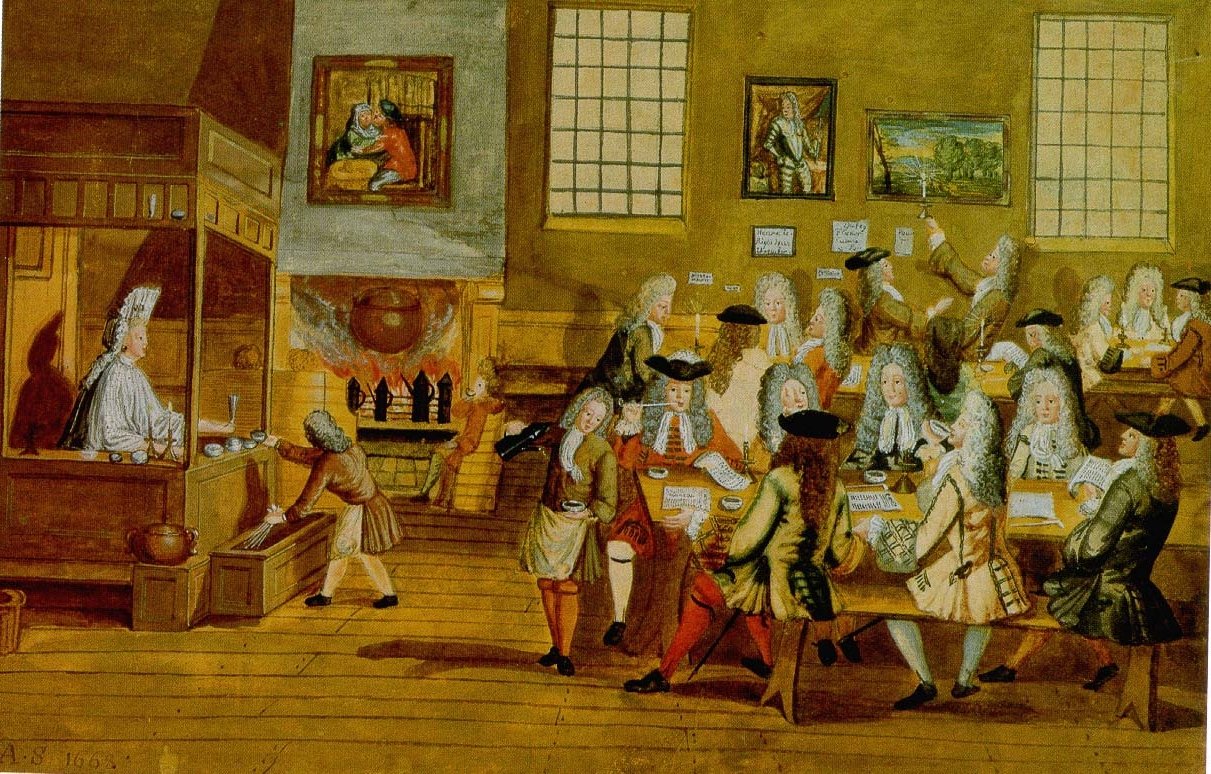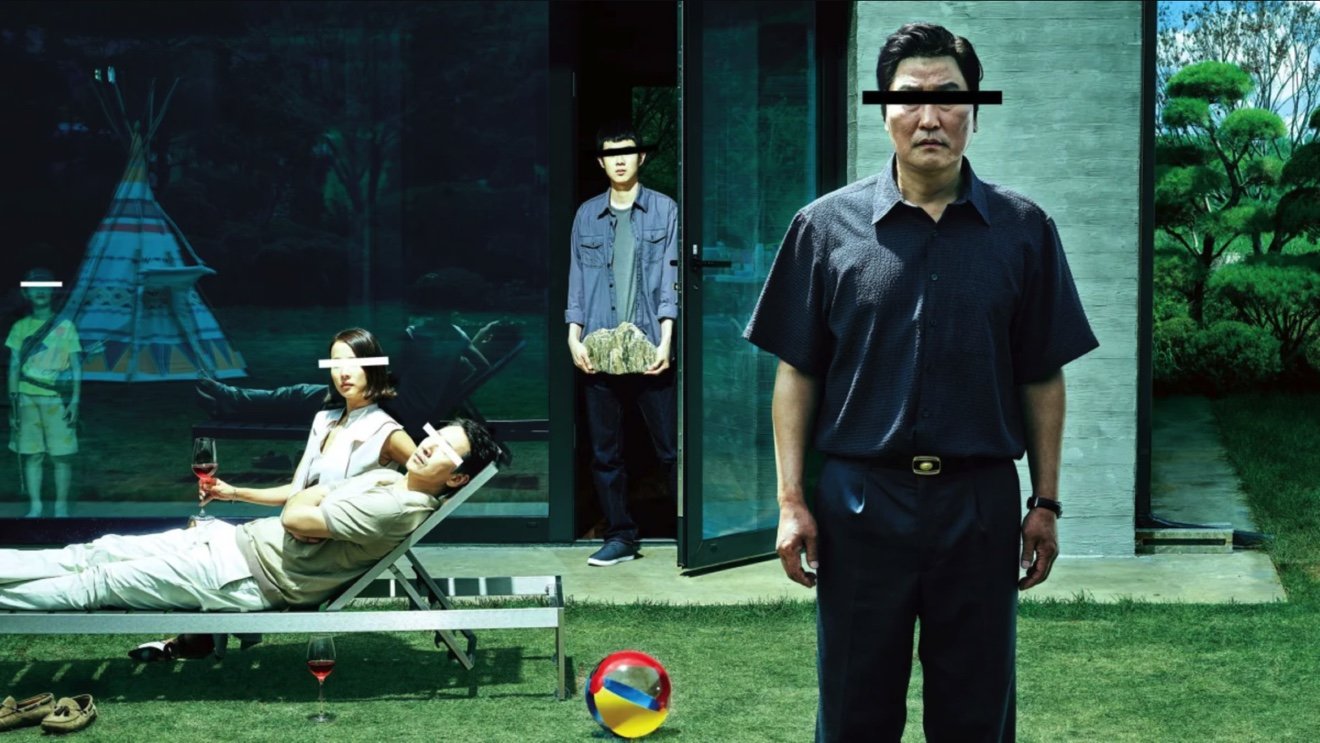Courses taught (selected)
-

Behind Squid Game’s Front Man: The Korean War and Asian/American Literature
Squid Game’s masked guards enforce game rules on behalf of the English-speaking Front Man, who himself works for foreign VIPs. Like the guards who must dance to the tune of these mostly white investors, South Korea’s armed forces come under the operational command of the US during wartime. How did the US come to exert such influence on the Korean peninsula, and what are the effects of such American neo-colonialism on the intertwined cultural archives produced within these spaces?
Surveying 20th and 21st-century literature in both Korea and the US, this course uses literary production to examine the roots and legacies of the Korean War and how it shaped American imperialism and exceptionalism. The course ends by considering how the global ascendency of Korean popular culture potentially reconfigures our understanding of US-Korean relations.
-

K-Dramas, K-Pop, & K-Cinema: Surfing the Global Korean Wave
This course investigates the phenomenon of Hallyu (i.e. the Korean Wave): what it is, how it has developed, who produces or “owns” it, who consumes it and how, and what makes it so attractive to people across the world of different ages, genders, ethnicities, and nationalities.
We will consider both Hallyu’s cultural products and the communities that these products help shape. In the process, we seek not a settled view of contemporary Korean culture but rather to understand Korean pop culture as ambivalent, at once local and global, native and hybrid, entangled in its colonial histories and creating transnational futures.
-

The Coffeehouse Culture in Eighteenth-Century England
This course uses England’s coffeehouse culture as a way to understand key 18th-century concerns, such as the commercialization of life, the place of the middle class, standards of taste, the line between private and public, and the role of women. What role did the coffeehouse, as both a physical and symbolic site, play in forming and disseminating opinions on these issues? We trace how coffeehouse publics provided the groundwork for virtual communities, and in the final weeks of class, we also consider its connections to contemporary communities on the Internet and social media.
-

British Literature I
This course surveys British literature from its beginnings in the 600s to the late 1700s. We will consider how literary texts provided occasions for constructing and performing various social and cultural identities. How do literary expressions of the “heroic” and the “monstrous” develop across time to reflect changing social codes? How do authors use particular themes and tropes to negotiate their positions within their own community, and how does such negotiation in turn depend on the “othering” of those conceived to be outside that community?
By examining the relationship between literature and power, this course provides students with tools for interrogating the identity categories that still persist today, and to critique the ways in which such constructions perpetuate cultural and racial oppression.
Courses designed + planned (selected)
-

Korean/American Literature & Popular Culture
This course closely analyzes literature, film, and television produced in South Korea and America, examining their intersections to understand Korean/American cultural formations and the role they play in constructions of nationhood, gender, and class. We will interrogate the boundaries between “literature” and “popular culture” and critically examine how the relationship between the two can function to support or disrupt cultural hegemonies.
-

Postcolonialism & East Asia
East Asia is not typically included in classical postcolonial studies. What accounts for this gap, and what are its implications?
This course begins with an introduction to foundational postcolonial texts, before pivoting to consider how China, Hong Kong, and Korea problematize the assumptions about nativism, language, and East-West binary that sometimes undergird traditional postcolonial paradigms. By investigating various forms and spheres of “postcoloniality,” we contend with the tensions within the concept itself--the different types of encounters “postcolonialism” articulates, the shifting power dynamics that come into play--and how attention to these tensions can alert us to the ways in which our own intellectual activity as cultural critics accrue privilege and power.
-

Korean Cinema
This course examines the historical and genre characteristics of Korean cinema in the 20th and 21st centuries. Blending film aesthetics with sociocultural criticism, the class focuses on key directors and texts to consider how Korean film production and cinematography reflect the nation’s regional and global politics.